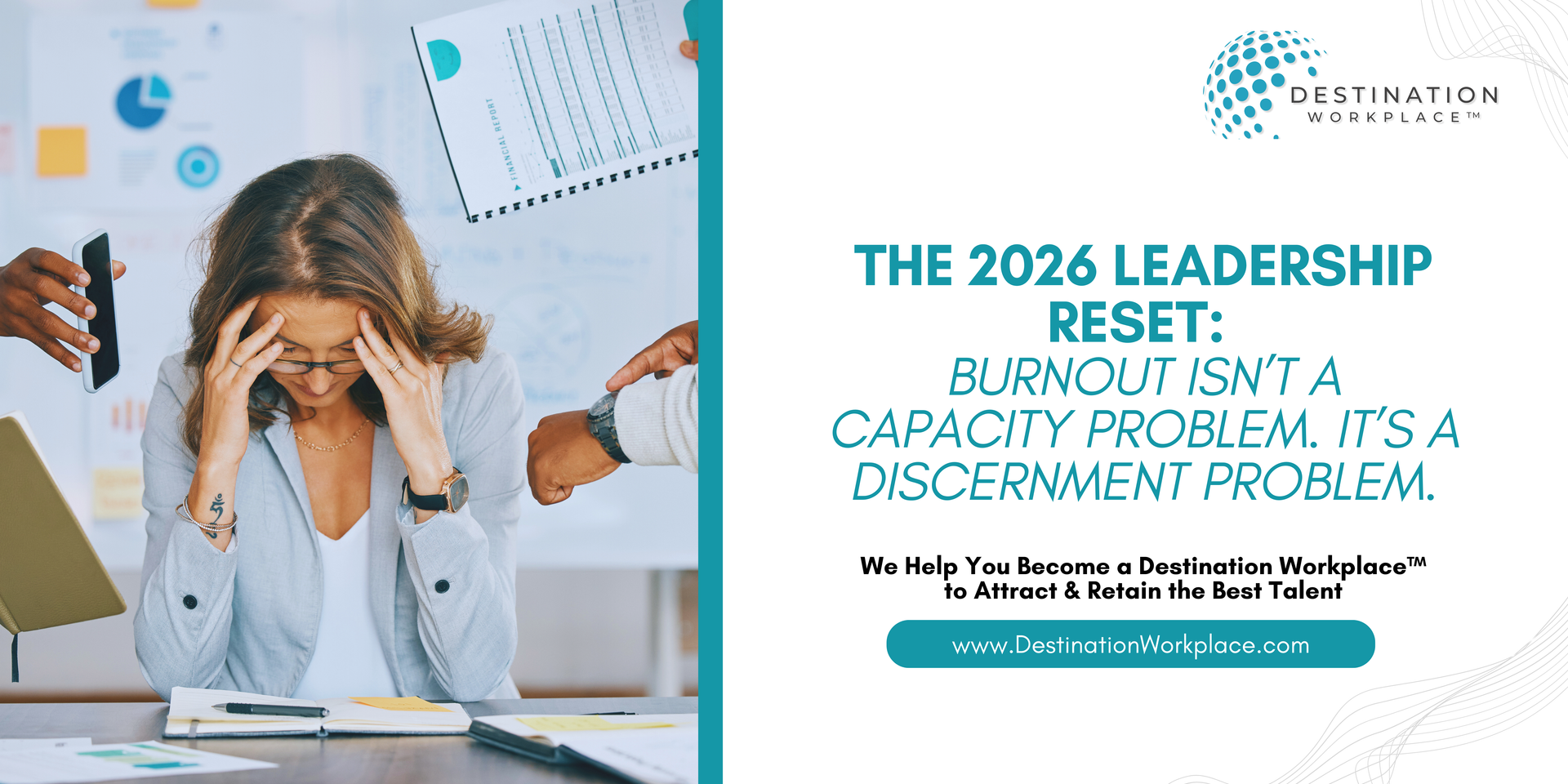WARNING: These 4 Habits Could Be Leading To Burn Out!

Burnout is a common problem in the modern workplace, affecting employees across all industries and sectors. It is not just a matter of feeling stressed or overworked; it is a state of physical, emotional, and mental exhaustion that can lead to serious health problems.
While some degree of stress is normal in many jobs, it is important to recognize when stress turns into burnout and take steps to prevent it. In this post, we will examine some of the most common habits that lead to burnout and provide tips for how to avoid them.
1. Overworking/Not Taking Breaks
Many people feel like they need to always be “on” and connected to work, but this can be a recipe for burnout. When you never take breaks or work longer than your standard hours, it puts a lot of pressure on your body and mind. You may feel like you're getting more done in the short term, but eventually, it leads to diminishing returns.
Solution: It's important to prioritize breaks throughout the day, whether it's a short walk, meditation, or an extended lunch. You can also try setting specific “work hours” to help limit your work-related stress and schedule time during your day to check emails or catch up on missed work.
2. Perfectionism
Trying to be a perfectionist isn’t always easy, and it can lead to stress and burnout. When you're always striving for perfection, you're setting standards that may be unachievable. The pressure can make it difficult to delegate, take risks, or collaborate with others to get the job done.
Solution: Consider setting more realistic goals and allow yourself to make mistakes without feeling flawed as a professional. Self-compassion is essential; don't be too hard on yourself. Start by setting reasonable standards for your work quality and get feedback from colleagues regularly.
3. Neglecting Yourself
It's easy to feel like your work should be all-consuming, but it's essential to take care of yourself to avoid burnout. This means taking time to exercise, eating nutritious food, making time for socializing, and getting enough sleep.
Solution: Tend to your physical health by taking care of your diet, exercise, and sleep schedule. Also, nurture your emotional needs by spending time with loved ones or by participating in activities unrelated to work. By maintaining a work-life balance, you'll be more productive in the long run and less likely to burn out.
4. Avoiding Support
Burnout can feel lonely, and it is not a situation you should face alone. Neglecting or avoiding support from colleagues or management can lead to further stress and exacerbate your burnout symptoms.
Solution: Build your support system by finding someone to talk about work-related stress, such as a coworker, mentor, or therapist. Also, collaborate with colleagues within the organization for your mutual benefit. Whether it's sharing strategies for getting through demanding workloads or simply getting a coffee, socializing can alleviate those burnout feelings.
Conclusion:
Burnout is a serious issue, but it's preventable. By implementing some of these changes, one can make steady progress in reducing stress and burnout in the workplace. The working environment should be conducive to maintaining productivity, while wellness and self-care should remain front and center for employees. Ultimately, it's up to both the company and the individuals to take steps toward a better work-life balance and avoid burnout.
About Betsy: Featured on
FOX,
CBS,
NBC, and
ABC, Betsy Allen-Manning is a high-energy leadership keynote speaker, high-performance expert, and workplace culture strategist who helps organizations develop world-class leaders, build high-performing teams, and create workplaces where people stay, grow, and thrive. She’s the creator of the
DNA of Excellence™ keynote series: data-backed and highly interactive presentations that strengthen leadership behavior, elevate performance, and transform workplace culture. Betsy is also the founder of
Destination Workplace™, an award-winning leadership training company in Dallas, known for advancing leadership excellence and transforming workplace culture for some of the world’s most elite brands.











